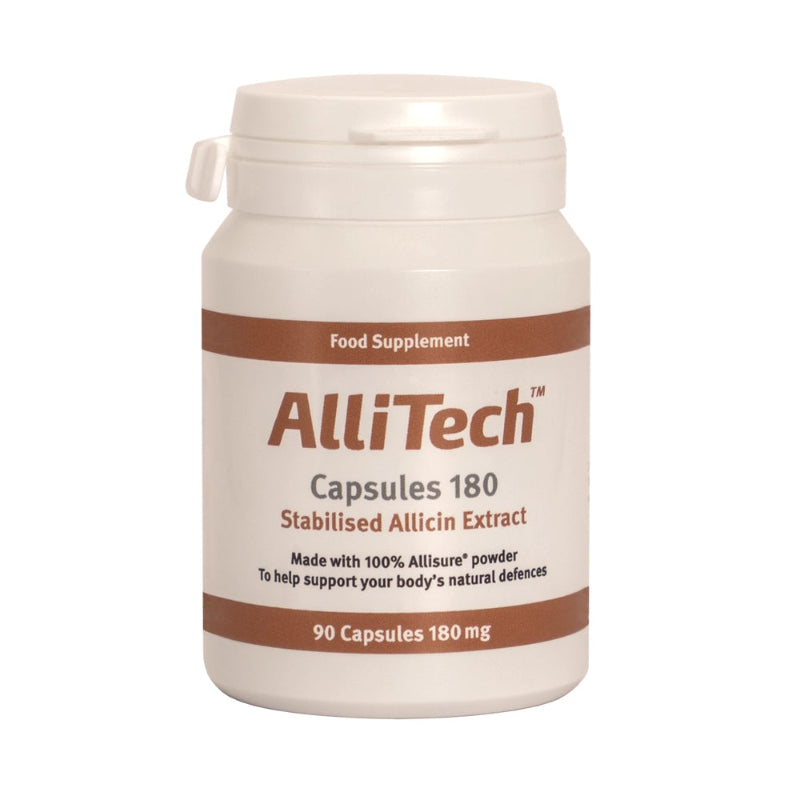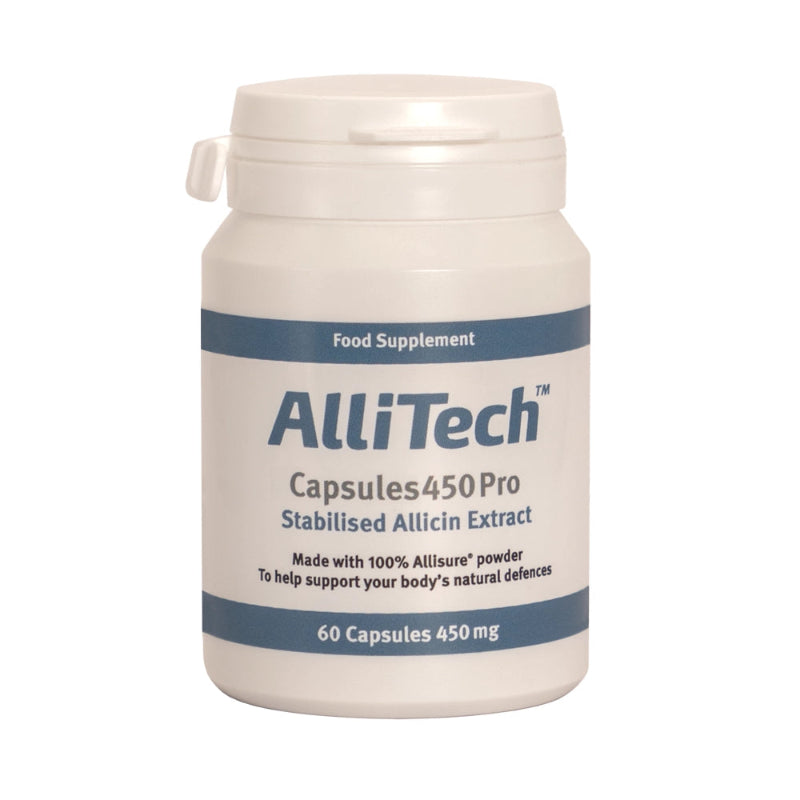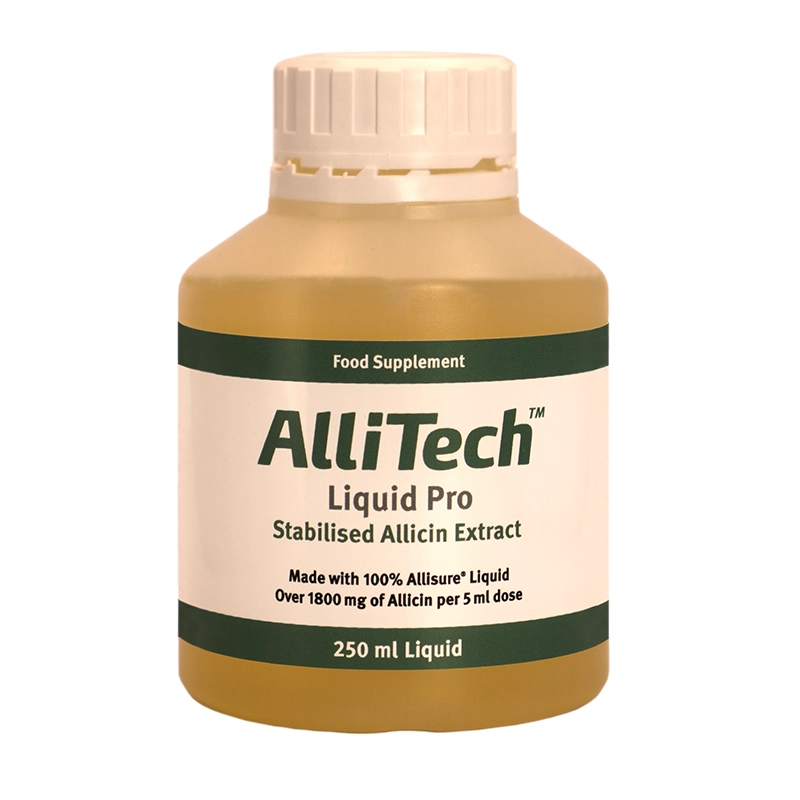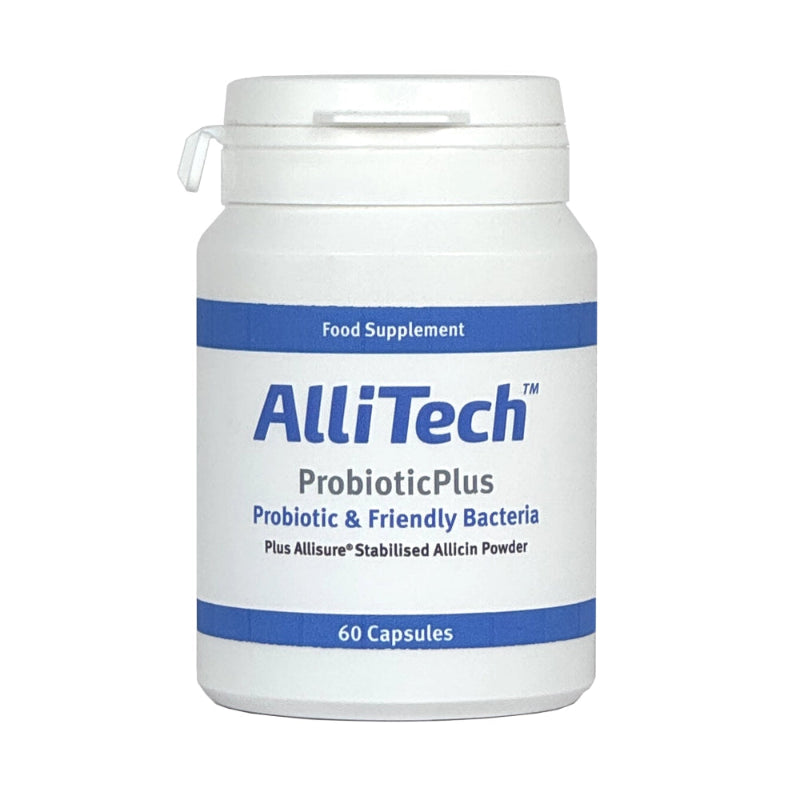Have you ever wondered how common parasitic infections really are? Millions of people around the world are affected by parasites, many without even realising it. From digestive discomfort and fatigue to more serious health complications, parasites can undermine overall wellbeing if left unchecked. That’s why maintaining a healthy gut and supporting the body’s natural defences is so important.
Disclaimer: This article is for informational purposes only and should not be taken as medical advice. Parasitic infections require proper diagnosis and treatment from a qualified healthcare professional. If you suspect you may have a parasitic infection, it is essential to seek professional guidance before trying any remedies or dietary changes.
For centuries, different cultures have turned to foods and herbs believed to help the body defend itself against unwelcome organisms. While these natural options should never replace professional care, they can be part of a holistic approach to supporting gut health. In the following sections, we’ll explore some of the most widely discussed foods that may help the body in its fight against parasites.
The Foundational Foods

When it comes to supporting the body’s natural defences against parasites, it’s best to begin with simple, widely available foods. These options are gentle on the system, easy to find in most kitchens or markets, and can be incorporated into a daily diet without difficulty.
Raw Garlic & Stabilised Allicin Extract
Mechanism: Garlic has been valued for centuries as one of nature’s most powerful antimicrobial foods. Its active compound, allicin, is released when garlic is crushed or chopped. Allicin is known for its broad-spectrum activity, with research suggesting it can help the body combat bacteria, fungi, and parasites. By disrupting microbial membranes, it creates an environment less favourable for parasites to thrive.
Application: While raw garlic offers the highest natural allicin potential, many people find it too strong on its own. It can be crushed and eaten raw, added to dips like hummus, or incorporated into savoury dishes just before serving to preserve its potency. For those seeking a more concentrated form without the strong odour, stabilised allicin extracts, such as those found in high-quality supplements, can be a convenient alternative.
Pumpkin Seeds
Mechanism: Pumpkin seeds contain cucurbitacin, a unique amino acid compound believed to paralyse certain intestinal parasites. By interfering with their ability to cling to the intestinal walls, cucurbitacin may make it easier for the body to expel them.
Application: The best way to enjoy pumpkin seeds for gut support is to eat them raw and unsalted. They make a nutritious snack on their own, or they can be sprinkled over salads, oatmeal, or blended into smoothies for added crunch and benefit.
Papaya (Especially the Seeds)
Mechanism: Papaya contains the digestive enzyme papain, which may help break down the protective outer layer (exoskeleton) of some parasites, making them more vulnerable. The seeds, in particular, have been studied for their potential anthelmintic (parasite-fighting) activity.
Application: The fruit itself is refreshing and easy to add to a balanced diet. The seeds, though peppery and slightly bitter, can be blended into smoothies or dried and ground into a powder to use sparingly in recipes.
Fibre-Rich Vegetables (e.g., Beets, Carrots)
Mechanism: Fibre doesn’t directly kill parasites, but it plays a vital role in supporting gut health. Acting like a natural broom, fibre helps sweep waste and unwanted organisms out of the digestive tract. A fibre-rich diet also fosters a healthier gut microbiome, which makes the digestive environment less hospitable to parasites.
Application: Incorporating a colourful variety of high-fibre vegetables, such as beets and carrots, ensures ongoing digestive support. They can be eaten raw in salads, roasted, juiced, or blended into soups for maximum benefit.
The Potent & Traditional Herbs

While foundational foods provide gentle, everyday support for gut health, some herbs are far more powerful and are often used in targeted parasite cleanse protocols. These should be approached with caution, as they are potent substances that can cause side effects if misused. Correct dosage and professional guidance are essential before beginning any herbal regimen.
Barberry & Black Walnut Hulls
Mechanism: Barberry contains berberine, a compound with strong antimicrobial and antiparasitic effects that has been studied for its ability to disrupt harmful microorganisms in the gut. Black walnut hulls, meanwhile, are rich in juglone, a bioactive compound believed to create an environment hostile to parasites, particularly intestinal worms. Together, they have a long tradition of use in herbal medicine for cleansing the digestive system.
Application: These herbs are rarely consumed in their raw plant form. Instead, they are most often taken as concentrated supplements, teas, or tinctures. Due to their potency, they should only be used under the guidance of a qualified practitioner who can recommend the correct dosage and duration.
Wormwood
Mechanism: Wormwood has been used for centuries in traditional medicine as a powerful remedy for expelling intestinal worms. Its active compounds, including thujone, are thought to weaken or stun parasites, making them easier for the body to eliminate. Wormwood is also one of the key ingredients in many traditional antiparasitic herbal blends.
Application: Wormwood’s strength is both its advantage and its risk. Taken in excess, it can be toxic, particularly to the nervous system. For this reason, it must be used sparingly and always under professional supervision, often as part of a carefully measured supplement formula rather than on its own.
Clove Oil & Oregano Oil
Mechanism: Clove oil contains eugenol, a compound known for its ability to target not only adult parasites but also their eggs and larvae, helping to break the cycle of reinfection. Oregano oil is rich in carvacrol, a strong antimicrobial agent that has been shown to inhibit the growth of harmful bacteria, fungi, and parasites. These oils are often used in combination for broader effectiveness.
Application: Because essential oils are highly concentrated, they should never be taken undiluted. Instead, they can be used in carefully formulated supplement blends or diluted with a carrier oil if applied externally. Professional-grade oregano oil and clove oil supplements are widely available, but safe use requires adherence to recommended dosing instructions.
Other Supportive Foods

Beyond the well-known antiparasitic herbs and foundational foods, there are additional natural options that can complement a gut-supportive diet. These foods may not always be as potent as specialised herbs, but their natural compounds and digestive benefits can play a valuable role in creating an environment that is less welcoming to parasites.
Pure Honey
Mechanism: Raw, unprocessed honey is more than a natural sweetener. It contains naturally occurring antimicrobial compounds such as hydrogen peroxide, flavonoids, and phenolic acids, which can help inhibit the growth of certain pathogens, including some bacteria and parasites. Its soothing effect on the digestive tract also makes it a supportive food for gut health.
Pomegranate
Mechanism: Traditionally, pomegranate’s rind and roots have been used in folk medicine to combat intestinal worms, especially tapeworms. These parts of the plant contain alkaloids and tannins, compounds believed to have anthelmintic (parasite-expelling) properties. While the seeds and juice are more commonly consumed today, the fruit as a whole has a rich history in parasite-related remedies.
Coconut Oil
Mechanism: Coconut oil is abundant in medium-chain fatty acids (MCFAs), particularly lauric acid, which may disrupt the lipid membranes of certain parasites and microorganisms. This fatty acid profile also supports the immune system, helping the body mount a stronger defence against unwelcome gut residents.
Pineapple & Ginger
Mechanism: Pineapple contains the digestive enzyme bromelain, which helps break down proteins and may make it harder for parasites to survive in the digestive tract. Ginger, meanwhile, is rich in compounds such as gingerol and shogaol, which support healthy digestion, reduce inflammation, and create a gut environment less favourable for parasites.
A Holistic Approach
While specific foods and herbs may support the body in defending against parasites, a truly effective strategy goes beyond individual remedies. A holistic approach to gut health combines diet, lifestyle, and mindful habits to create an environment where parasites struggle to survive.
Foods to Limit or Avoid
Parasites thrive on diets high in sugar and refined carbohydrates, as these provide them with a readily available energy source. Excess sweets, white bread, pasta, and processed snacks can encourage parasitic activity while weakening the body’s natural defences. Reducing or eliminating these foods can help to “starve” parasites and support overall gut balance. Instead, focusing on whole foods such as vegetables, lean proteins, legumes, and whole grains provides nourishment for the body without feeding unwanted organisms.
The Importance of Gut Flora
A healthy gut microbiome is one of the body’s strongest lines of defence against parasites and other pathogens. Probiotics, beneficial bacteria found in foods like yoghurt, kefir, sauerkraut, kimchi, and other fermented foods help restore balance in the gut. By promoting the growth of “good” bacteria, probiotics make it more difficult for parasites and harmful microbes to establish themselves. Incorporating these foods regularly can improve digestion, strengthen immunity, and support long-term gut health.
Hydration
Water is essential for flushing toxins and waste products from the digestive system. Staying well-hydrated supports the body’s natural detoxification pathways and can aid in the removal of parasites and their byproducts. Aim to drink plenty of clean, filtered water throughout the day, and consider pairing hydration with high-fibre foods for even more effective cleansing support. Herbal teas such as ginger or peppermint can also be soothing for digestion and contribute to overall hydration.
Frequently Asked Questions (FAQs)
Q1: How do I know if I have a parasitic infection?
Parasitic infections can present with a wide range of symptoms, including digestive issues (diarrhoea, constipation, gas, bloating), fatigue, unexplained weight loss, and skin irritations. However, these symptoms can also be caused by many other conditions. A definitive diagnosis can only be made by a healthcare professional through laboratory tests such as a stool sample or blood test.
Q2: Can these foods replace a doctor's prescription for a parasitic infection?
No. The foods mentioned in this article are intended to be part of a healthy, supportive diet. They are not a substitute for prescribed medication. If you have been diagnosed with a parasitic infection, it is crucial to follow your doctor's treatment plan. Using these foods alongside a medical protocol should only be done with your doctor's knowledge.
Q3: How long should I eat these foods to see an effect?
There is no set timeline for seeing an effect from dietary changes. The goal is to incorporate these foods into a long-term, healthy eating pattern. For targeted cleanses using potent herbs, the duration should be determined by a qualified healthcare practitioner, as these are not meant for continuous use.
Q4: Can children eat these foods?
Many of the gentle foods, like pumpkin seeds, papaya, and raw garlic in small amounts, are safe for children as part of a balanced diet. However, potent herbs and extracts such as wormwood or black walnut are generally not recommended for children without professional medical supervision. Always consult a paediatrician before giving any new supplements or potent remedies to a child.
Q5: Will these foods harm the beneficial bacteria in my gut?
Many foods and herbs with antimicrobial properties can affect a broad range of microbes and may impact some beneficial gut bacteria. This is why a holistic approach is important. Consuming probiotics from fermented foods or supplements after a targeted cleanse is recommended to help restore a healthy balance of gut flora.
Q6: Are there any side effects to eating these foods?
For most common foods like garlic, pumpkin seeds, and papaya, side effects are rare and typically mild, such as temporary digestive upset. More potent herbs and extracts can have side effects if not used correctly. It is best to start with small amounts and monitor your body's reaction. If you have a known allergy or medical condition, consult your doctor first.
Q7: Can I take all of these foods at once?
It is not recommended to consume all of these foods or herbs at the same time in large quantities. A sensible approach is to integrate a few foundational foods into your daily diet and, if pursuing a targeted cleanse, follow a structured protocol under professional guidance.
Your Path to a Healthier Gut
From garlic and pumpkin seeds to papaya, fibre-rich vegetables, and supportive foods like honey, pomegranate, coconut oil, pineapple, and ginger, nature offers a wide range of ingredients that may help the body defend itself against parasites. More powerful herbs such as wormwood, black walnut, and clove oil have also been traditionally used in targeted cleanses, though these require caution and professional guidance. Combined with a holistic approach, limiting sugar, restoring gut flora with probiotics, and staying hydrated, these foods and practices can contribute to a healthier digestive system that is less hospitable to parasites.
It’s important to remember that while these foods and herbs can play a valuable role in supporting gut health, they are not a replacement for medical care. If you suspect you may have a parasitic infection, always consult with a qualified healthcare provider to receive a proper diagnosis and treatment plan.
Taking small, informed steps with your diet and lifestyle can empower you to protect and strengthen your gut health. By choosing supportive foods, embracing balance, and working alongside professional advice when needed, you can cultivate a stronger foundation for overall wellbeing.





